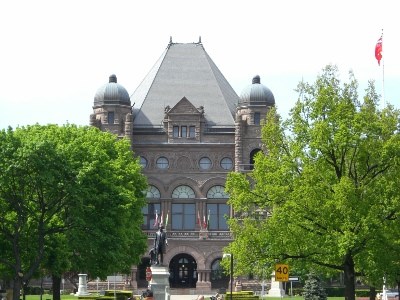The Ontario government has announced a three-year, anti-racism plan that incorporates initiatives specifically aimed at discrimination against indigenous people and other racialized communities.
The strategy includes developing a framework for collecting race-based data in the child welfare system and the justice, education and health sectors. In a news release on Tuesday, the government said the data will be a valuable way to better understand where racial inequalities exist, and will help in finding solutions.
The project will create an "assessment framework" to anticipate and remove unconscious bias in proposed policies, programs and decisions.
The Liberal government also said that new legislation, if passed, would ensure the sustainability and accountability of anti-racism work by providing a framework for government and organizations to identify and combat systemic racism.
Its intent, the announcement said, is "to break down barriers for racialized people across the province, including Black, Indigenous and other communities" as well as targeting Islamophobia and antisemitism.
In the indigenous component, the province's Anti-Racism Directorate will work with indigenous leaders and communities to develop an indigenous-focused anti-racism strategy that will include a public education campaign, a youth-leading-youth program and a professional training toolkit.
The government will also work with indigenous people through "established tables" to identify priorities to reduce disparities.
Within the Ontario Public Service—where the government said racialized employees face barriers and don't feel represented—the province intends to track and measure progress in developing tools, tactics and targets to combat racism.
As well, it will implement mandatory indigenous cultural competency and anti-racism training for every government employee. Topics will include terminology, diversity, aspects of colonial history such as residential schools, and violence against indigenous women.
